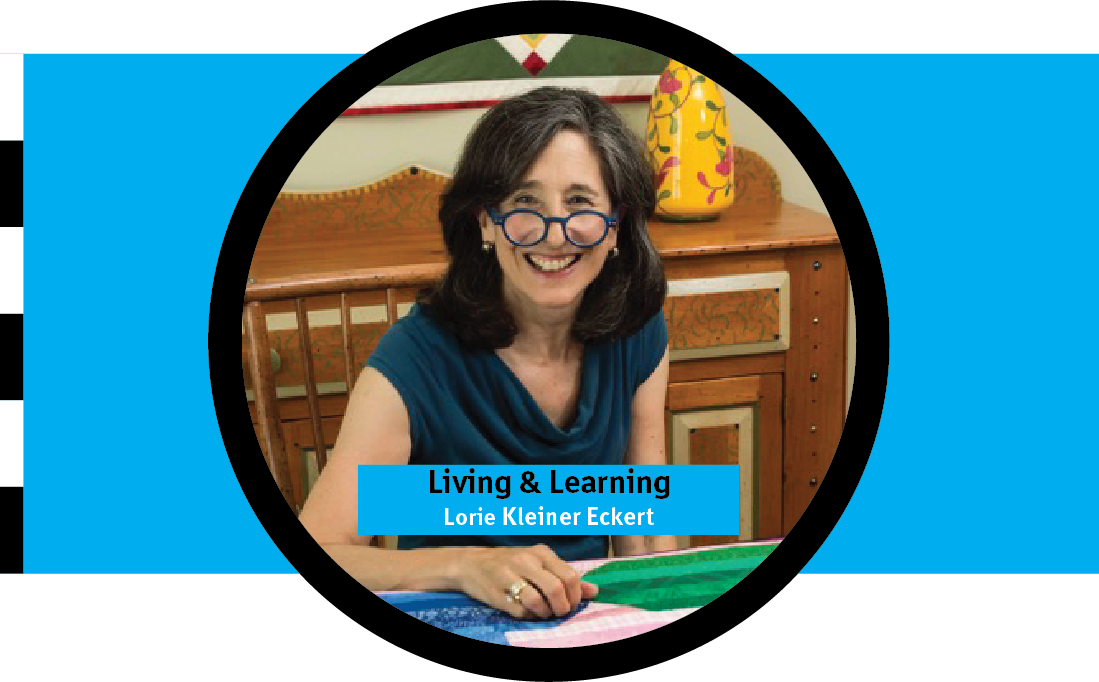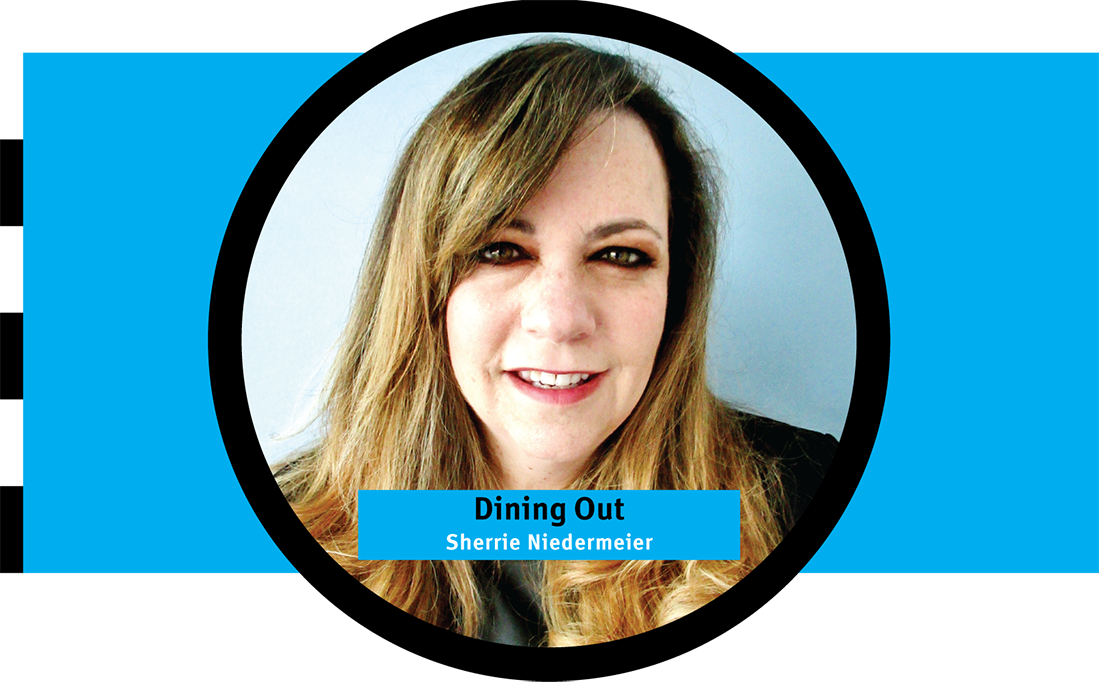I have good news and bad news about reading my local newspaper digitally. The good news is that since I started to read it on my laptop, I no longer have days where the paper arrives late — or not at all. And the paper is never soaked from an unexpected rain. But the bad news is that reading it digitally means I am online, putting distractions galore at my fingertips.
I fight with myself daily about whether I will read the paper first or do Wordle — and then Spelling Bee — on the New York Times website. And as I fight that battle, there will inevitably be a loud ding indicating a new text message, or a softer one telling me a new email has arrived. This, of course, reminds me to check my other two email addresses that do not ding on their own. And while I somehow can wait to answer all those emails, I feel compelled to answer text messages right away. And of course, people write back to respond to my response!
I have read that the brain experiences 50,000 thoughts each day and indeed, I seem to have many and act on many — as I sit at my laptop every morning with all that information at my fingertips. As I taste my sugary coffee, I wonder what the Mayo Clinic has to say about sugar intake? I suddenly remember that my daughter told me I need to deadhead my new roses. How do I do that? And speaking of my new landscaping, how do I keep deer from eating the euonymus plants? That leads me to put an animal repellent in my cart on Amazon, which reminds me that I have stuff in my cart at Dillard’s.

Bottom line: It takes a very long time to read the newspaper. And though reading the paper used to be a favorite pastime, I no longer feel relaxed from reading it. I feel discombobulated! Not to mention the fact that I am stressed over wasting so much time, which means I get less done in a day than I would like.
I am always willing to blame such problems on my brain, thinking that such distractibility and lack of productivity is a product of aging. But in this case, I need to blame the problem on the fact that I am working online. An article in the National Library of Medicine tells us, “most digital media users glance at and multitask from one item to the next — a habit that might reduce attention span and contribute to the fact that diagnosis of attention-deficit hyperactivity disorder (ADHD) is higher than it was ten years ago.”
Addressing this exact concept, I recently received a note from a reader in response to my story about “My Brain at 72.” Bonnie said:
“As we age, our bodies are constantly changing…not always for the better. What I am observing in me as well as friends is a tendency to Attention Deficit Disorder. Being a bit flighty, not paying attention to small details, losing interest easily, and having to work to stay on task.”
What I would like to say to Bonnie is that her brain is not failing her, in fact it has earned an A++ for online reading — be it on her laptop or smart phone. However, this superlative score has caused all the negative traits she describes and it impacts all of her life, not just her reading.
Think of it, when you read an online article, it usually has links to other articles. As you click away from the original article, you may soon find yourself clicking away to still another one. And oh my God, sometimes there is a link to a product, and off you go to Amazon! You may never get back to the original article. You are being taught to lose interest easily and to flit from one topic to the next. This in turn makes no detail — large or small — worthy of paying attention to. And yes, with all that distraction at your fingertips, you have to work mighty hard to stay on task.
Speaking of distractions, an article in Fortune.com carries the headline “Americans Check Their Phones 144 Times a Day.” This seems extreme and perhaps teenagers have skewed the statistics. But even so, what if we ONLY check our phones a few times an hour, this still adds up to 48 times across a 16-hour day. That’s a lot of distraction.
The truth of the matter is that some days we can luxuriate in all the time we have on our hands and we can fritter away the day going down as many online rabbit holes as we wish. But other days, we need — or want — to stay on task.
As for reading my daily newspaper, I have a three-pronged plan. I will turn off all notifications on my phone and computer that I am comfortable living without. I will set a timer for the amount of time required to read the paper, and allow no interruptions to draw me away. And for those inevitable ideas that will pop to mind and cry out for immediate execution, I will keep a note pad by my side, so I can jot down the task with a promise to get to it later.
After the newspaper I’ll move on to texts. Then email messages. Then Google searches. And let’s not forget New York Times games.
Doing one task at a time — mindfully — that’s the plan.
I’m thinking that soon I will feel less discombobulated and more productive even though I will still be sitting at my laptop…every morning…tempted by all that information at my fingertips.





